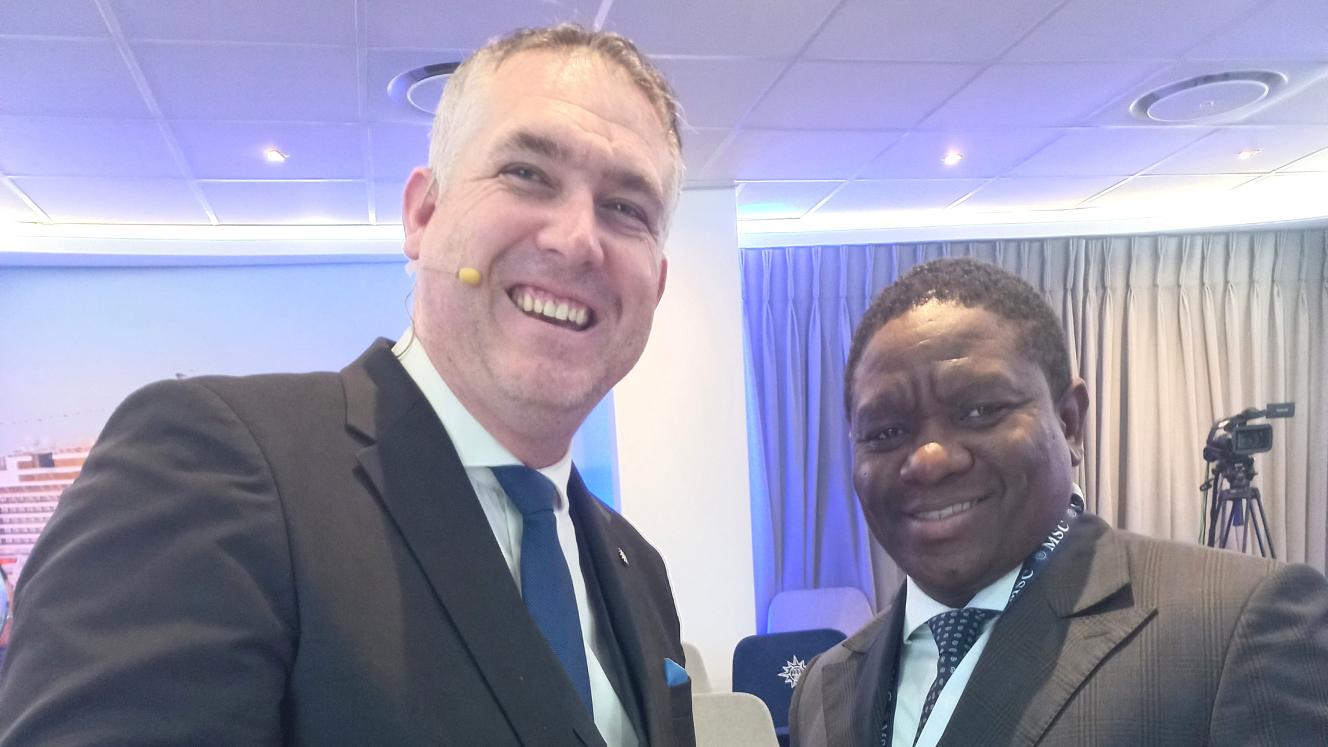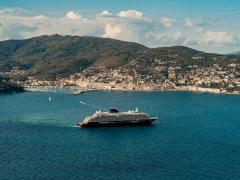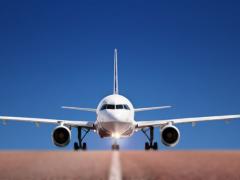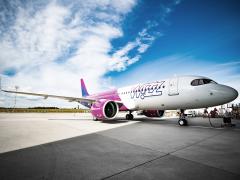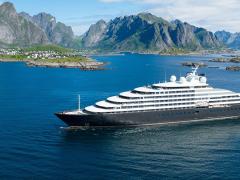There was an unmistakable mood of enthusiasm and optimism in the auditorium on Saturday, September 13, as a group of Southern African Tourism Ministers gathered with South African and European travel and tourism leaders at the international conference, ‘Fostering the position of Africa as a primary tourism destination’, hosted by MSC Cruises and The European House – Ambrosetti (TEHA). TEHA is an Italian consultancy and an international think tank specialising in strategic studies, training and business events.
The conference took place at MSC’s Gauteng Woodmead premises.
Several strong themes emerged, among them the need for intra-Africa cooperation for visa-free entry and simple border crossings for tourists; the meaningful inclusion of communities; the need to increase foreign investment and public-private partnerships; increased infrastructure development; better air connectivity; sustainability, and the need to seize the golden opportunity and increase cruise tourism into African countries. There was also a powerful sense that the time had come for Africa to become a central player on the global tourism stage.
TEHA Africa CEO, Pietro Mininni, in his welcome address, noted that global tourism arrivals had already reached 99% of pre-COVID-19 numbers earlier this year. He said tourism contributed 8% of Africa’s GDP and supported 28 million jobs on the continent.
Mininni referred to the Mpumalanga Declaration, which had been signed the previous day by the attendees at the G20 Tourism Ministers Meeting 2025 at Skukuza. The four priorities proposed by South Africa for the development of the tourism sector in Africa were:
- To foster the use of AI and innovation, particularly for small enterprises and start-ups.
- Finance and investment – focusing on equality and promoting sustainable development.
- Air connectivity and seamless travel.
- Enhancing resilience for inclusive, sustainable development.
Namibia’s Tourism Minister, Indileni Daniel, said Namibia had distinguished itself in global tourism with its focus on low-impact tourism and communal conservancies, with sustainability at the core. She said the country had seen growth in cruise tourism at Lüderitz and Walvis Bay but more of the same was needed as a way to stimulate the economy.
Mozambique’s Tourism Minister, Basilio Muhate, acknowledged the role of tourism in job creation and said the Mozambique government had been implementing the simplifying of visas for the MICE industry as an economic strategy. Mozambique will host the G20 Conference on Tourism in Inhambane from November 3-4.
Daniela Santachè, Italy’s Tourism Minister, said Africa had a lot of scope for growth in the sector but that its potential had not yet been realised. However, the Italian government, in conjunction with TEHA, had plans for cooperation programmes, such as the hospitality school that the Italian government had opened in Egypt, where students could gain professional qualifications. “We can replicate the model in other countries as public-private-partnerships – it’s a very successful model.”
Angola’s Minister of Tourism, Márcio Daniel, noted that Angola had good conditions for cruise tourism and would be pleased to see more of it. He called for visa-free policies and continental cooperation throughout Africa, so that tourists could move easily from one country to another. “If we work with South Africa and Namibia we can do more. We need visa-free policies – too many documents are needed to travel between countries.” Angola’s government has a long-term strategy to increase tourism’s contribution to 1.9% of GDP by 2050.
An interesting perspective came from Tendai Madziwanyika, CEO of Rainbow Tourism Group, who said tourism on the continent was too fragmented and there was a need for integration to attract serious investors. He said, of the 56 000 hotels in Africa, only 1.9% were branded – compared with Europe, where 58% of hotels were branded. “We should come together, focus on branding and develop Africa-centric hotel brands.”
Ross Volk, Managing Director, MSC Cruises South Africa, presented on the strategic study ‘10 Key Priorities for Tourism in South Africa and Africa’. The priorities are:
- Invest in strategic infrastructure
- Enhance visa access to support cross-country movement.
- Support nature-positive tourism and sustainability.
- Enhance marketing and destination branding.
- Strengthen safety systems.
- Drive tourism product diversification.
- Promote inclusive skills development.
- Empower youth and women in tourism.
- Support local, community-based tourism.
- Elevate customer service standards.
Volk noted that, although the global cruise economy was worth US$168 billion per year, South Africa accounts for only US$60 million of this. Yet South Africans working on MSC’s ships, many of them trained at MSC’s local Shosholoza Academy, are among the highest numbers of staff and crew, by country.
MSC Cruises has announced that its 2026 world cruise aboard MSC Magnifica will now include new African calls. For more on this story click here.
